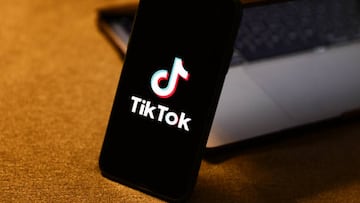Why is US warning against TikTok?
A new government memo has been obtained from the US government showing fear between the link between the company and the Chinese government.

The Chief Administration Officer of the House of Representatives sent out a warning to lawmakers about the use of social media giant TikTok, citing national security concerns and recommending members delete the app.
“The ‘TikTok’ mobile application has been deemed by the CAO Office of CyberSecurity to be a high-risk to users due to its lack of transparency in how it protects customer data, its requirement of excessive permissions, and the potential security risks involved with its use,” the office wrote in a memo.
It is claimed that TikTok’s user data is stored in China which lawmakers and security advisors say is a security risk. TikTok’s bosses deny this and say the data is housed in the US and Singapore.
TikTok have also responded to the memo. The company sent a letter to Chief Administrative Officer of the House Catherine Szpindor last week, writing that the advisory contains inaccurate information and should be rescinded.
Since the US government labelled China its greatest threat, a number of actions have been taken against the Asian country to stymie its growth. The Chinese economy is predicted to eclipse the US and become the largest in the world by 2029.
The US has been here before, when the presidency of Donald Trump took aim at the social media giant.
The US government and TikTok: round one
A 6 August 2020 executive order targeted Chinese social media companies TikTok and WeChat. Former president Donald Trump said they were a security risk, therfore they would be blocked from processing transactions for US citizens and from being downloaded in US app stores on 20 September. A week later, Trump demanded the US arm of the business be sold to a US company by November 14.
Trump said the apps “allow[ed] the Chinese Communist party access to Americans’ personal and proprietary information”, the same rhetoric used in the current warnings published by the White House last week.
Neither action was undertaken. What changed in the last two years to warrant another policy change is unknown.






